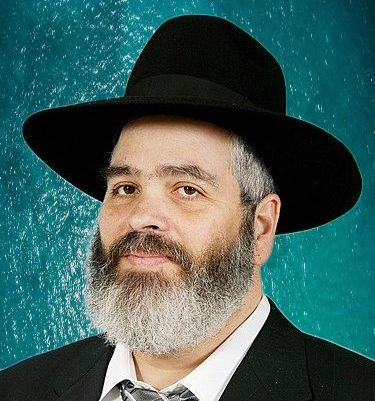
Justice Minister Levine does not knuckle under to the High Court so easily. This is the very High Court which stripped him of his legal power. With an illegal decision which the High Court adopted, it directed Levine to assemble the committee for selecting judges in order to appoint a chief justice for the High Court.
The power of calling the committee is assigned solely to the Justice Minister; this is anchored in law and was the rule throughout the years. For a long period, Levine attempted to thrash this out with the High Court judges in order to appoint a chief justice acceptable to one and all. He suggested many way out compromises, which the High Court simply ignored, and in an unprecedented decision, denied him the authority to decide on calling a meeting of the judges, but forced him to do so promptly through convoluted illogical polemics to justify their act, which is totally against the law.
Levine is not interested in going too far in creating a legal crisis and challenging the High Court. But he is determined to show the public that the judges are the very ones who appoint themselves and similarly, have the clout to appoint their own chief. They determine who will be appointed as the president of the High Court — and when.
In a protest act against the High Court which compelled him to publicize the names of the candidates for the presidency, Levine presented the names of all the thirteen judges on the Court for the office. This will usher in a long examination of each of them, the first being Judge Halad Kabuv, whose disgraceful conduct in many instances should have been enough to remove him from office altogether. But no one would dare dismiss an Arab judge from his office in the High Court.
The public at large is now invited to present its opinion on each of the candidates, thus postponing a final decision for many months to come.
What remains for the High Court to do is to discuss Levine's decision and issue an order against their self-appointing of a president. The judges are in a dilemma, for whatever they do will not be to their benefit. If they leave the situation as is, a president will not be chosen in the near future. Conversely, they can decide to invalidate Levine's directive, leaving the judges to choose themselves, namely, 'objectively and without bias.'
This second choice is ludicrous. The judges are supposed to be above and beyond prejudice or bias, which all know is a farce, and behaving this way will reduce the High Court or the judicial body of the State to humiliation.
This will equally reflect on the Knesset and the very government, defying the very principle of democracy — of separation of the fundamental governing authorities.




